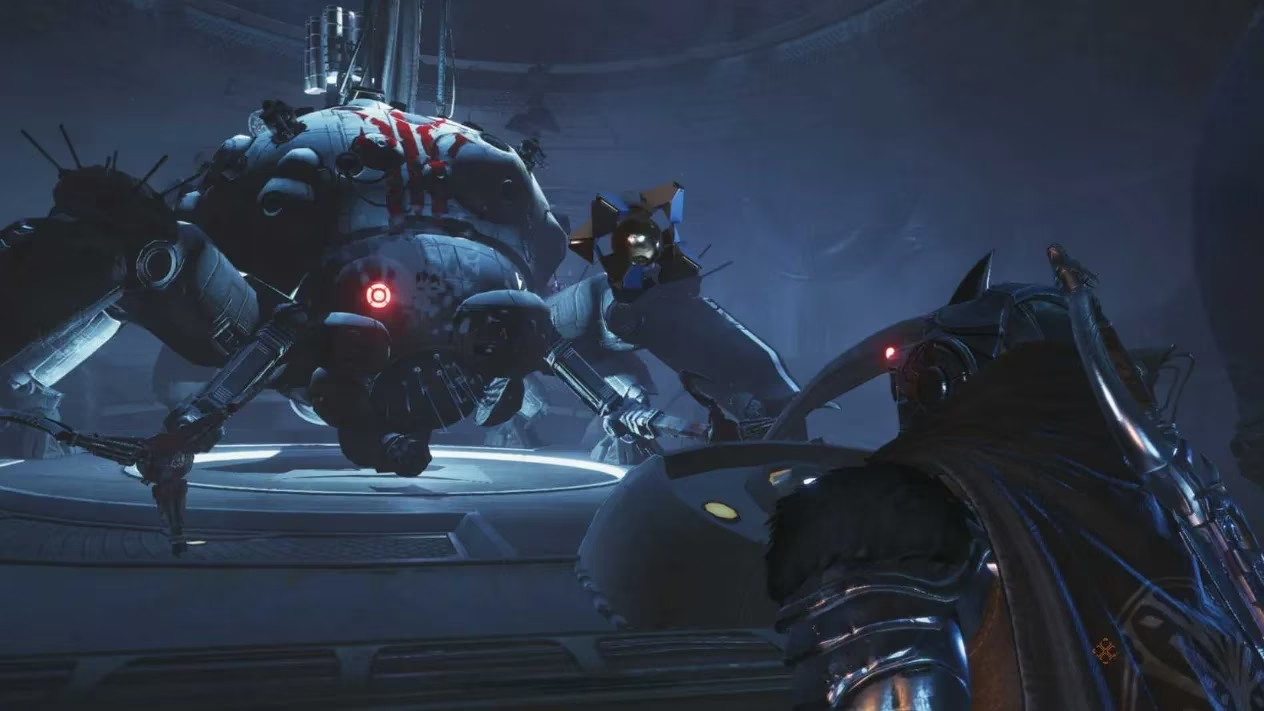As a gaming enthusiast who's watched the industry evolve over the years, I can't help but feel Sony's $3.6 billion acquisition of Bungie in 2022 was like pouring champagne into a cracked glass—full of promise but destined to spill out unnoticed. That bold move, aimed at leveraging Bungie's expertise from Halo and Destiny, seemed like a masterstroke at the time. Yet here we are in 2025, and Sony's CFO Lin Tao has openly admitted during a recent earnings call that Destiny 2's sales and user engagement are falling short of expectations. It's as if the once-thriving game has become a ghost ship adrift in a crowded sea, with dwindling player numbers on platforms like Steam causing ripples of concern among fans. The impairment loss recorded against Bungie's assets only underscores how this gamble has backfired, leaving me to wonder: what went wrong in such a short span? 😟
Back when the deal was sealed, I remember the excitement—it was supposed to catapult Sony into the live-service gaming stratosphere. Bungie, with its rich legacy, was seen as the golden goose that would lay endless eggs. But fast-forward to today, and Destiny 2's struggles are palpable. Tao's words echo in my mind: "Due to changes in the competitive environment, sales and engagement haven't met our acquisition expectations." This isn't just about numbers; it's about the soul of a game that once commanded legions of loyal players. Now, it feels like trying to revive a wilting garden in a desert storm—efforts are there, but the elements are unforgiving. 
The pressure on Bungie has intensified exponentially, especially with Marathon, their upcoming title, already facing headwinds before its launch. Originally slated for release last September, it hit an indefinite delay after setbacks like negative feedback from alpha testers and plagiarized assets surfacing. Tao hinted at a new launch window during the call, aiming for this fiscal year ending March 31, 2026, but that feels like waiting for a comet to reappear—hopeful yet uncertain. If they miss this, Sony might not hesitate to wield the axe; after all, they've shown they're not shy about layoffs, even in good times. For Bungie, this is akin to juggling flaming torches on a unicycle—one slip could ignite chaos. Factors contributing to this mess include:
-
💥 Competitive shifts: New entrants in the live-service space siphoning players.
-
🎮 Player fatigue: Long-time fans drifting away due to repetitive content.
-
🔧 Technical hiccups: Bugs and issues eroding user trust over time.
Looking at the timeline, it's staggering how quickly fortunes changed:
| Year | Key Event | Impact |
|---|---|---|
| 2022 | Sony acquires Bungie | High hopes for innovation and growth in live-service games. |
| 2025 | Destiny 2 underperforms | Sales drop; Sony records impairment loss, revising projections downward. |
| 2026 | Marathon expected release (by Mar) | Pressure mounts for a turnaround or face potential consequences. |
As I reflect on this saga, my thoughts leap like a startled rabbit—why did such a powerhouse stumble? Was it overambition or external forces? The image of a rising walker in Destiny's world comes to mind, symbolizing both resilience and fragility.  This whole scenario is like watching a grand orchestra play out of sync; the instruments are there, but the harmony is lost. What lies ahead for Bungie's creative spirit in an industry where giants falter? Could this be a wake-up call for all acquisitions, or merely a blip? The answers aren't simple, and as I ponder, I'm left with more questions than conclusions—perhaps that's the beauty of this ever-shifting landscape. 🧩
This whole scenario is like watching a grand orchestra play out of sync; the instruments are there, but the harmony is lost. What lies ahead for Bungie's creative spirit in an industry where giants falter? Could this be a wake-up call for all acquisitions, or merely a blip? The answers aren't simple, and as I ponder, I'm left with more questions than conclusions—perhaps that's the beauty of this ever-shifting landscape. 🧩